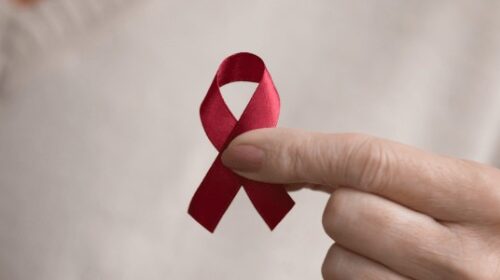Addiction and the threat of overdose are forcing children to grow up faster than ever. New and more lethal drug threats like fentanyl and xylazine have led to startling and tragic overdose spikes among high school, college, and even middle school students.
In an effort to combat this tragic and alarming trend, many colleges have begun stocking campus vending machines with the overdose-reversal drug Narcan in the hope that it will allow students, teachers, loved ones, and even general campus visitors free and barrier-free access to the drug. Many of these colleges have also started supplying fentanyl test strips to help reduce the risk of fatality.
Most recently, the Biden Administration has called for all schools in the United States to offer Narcan and to train students and faculty to administer the drug if needed.
In addition to reactionary overdose reversal measures, schools and communities can and should work together to stop the risk of overdose on all fronts; let’s take a look at how to accomplish.
Recognizing “All of It”
Although it’s become more urgent with newer and more powerful drugs, addiction among adolescents has been a problem for decades. It’s important that these risks are recognized with real and sensible policy, including the harm-reduction resources like those being discussed. Rather than ignoring the realities and equating harm reduction with admitting defeat, it’s imperative that schools and communities take measures to save and preserve lives.
It’s also important to ensure that schools and communities understand their own unique internal issues that can lead to substance abuse in children, whether it’s a culture of bullying, poverty, trauma, or other factors that are so commonly linked to these issues.
Addressing the Root Causes
Overdose doesn’t happen in a vacuum. Over ten percent of American youth are experiencing depression which is severely impairing their ability to function at school. Preventing fatality means addressing the mental health and peer-interaction issues that lead to and sustain substance abuse.
The US Department of Education offers a variety of resources and webinars to help support students’ mental health during their daily school experience. Organizations like the Mental Health Coalition offer mental health “toolkits” for college students that help them navigate risks, manage stress, and access services if and when they need them. There are also helpful resources to help students transitioning to colleges and universities prepare themselves for the risks of substance abuse.
Knowing Where and How to Look
Drug trafficking has become exponentially easier and more sophisticated in recent years. In a time where practically every teenager has a smartphone, dealers are turning them into one-stop shops for easy access to illicit drugs.
They also use coded and clandestine language to advertise on social media sites like Facebook, Instagram, Snapchat, and TikTok. It’s imperative that parents and guardians monitor their children’s social media activity and acquaint themselves with the vocabulary used by these traffickers.
The Drug Enforcement Administration (DEA) has published a list of commonly used emojis that are coded to evade law enforcement, parents, and teachers. These symbols are always changing, so it’s important to stay vigilant.
Going Beyond Narcan
As vital as overdose-reversal resources are, they’re only part of the overall harm-reduction equation. What happens when a student wakes up from an overdose? Will they have the help they need to ensure it doesn’t happen again? How will they get treatment? What will that treatment look like?
The sad reality is that there is a treatment gap for adolescents and children who need treatment for substance abuse and mental health because, simply put, they often fall through the cracks. Even those who access treatment often don’t complete their programs. Addressing the issues and providing an airtight pipeline from crisis to care helps reduce the opportunity of another overdose episode.
Adolescent Treatment at Recovery Unplugged
Recovery Unplugged offers lifesaving addiction and mental health treatment for adolescents at our facility in Annandale, VA. Our virtual treatment program offers comprehensive medical care coordination, case management services, and personalized mental health rehab to help teens heal from these complex issues. Treatment is covered by most private insurance and can include coordination with medically supervised detox. Contact us today at 800 55-REHAB to learn more about how we can help you or a child that you know is struggling.

























